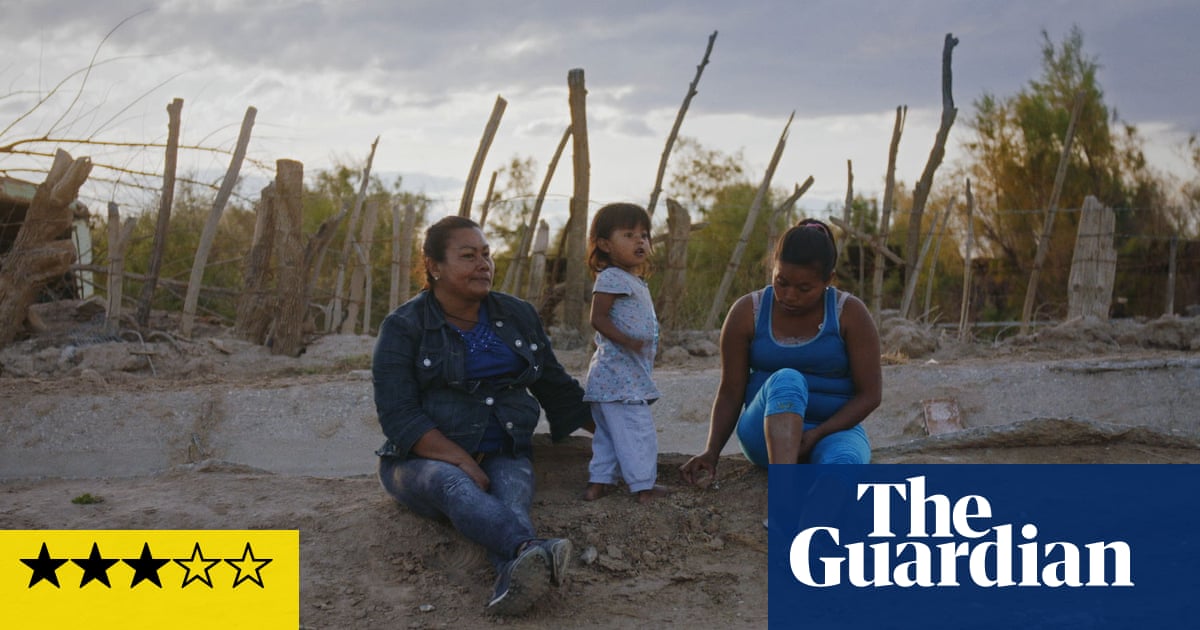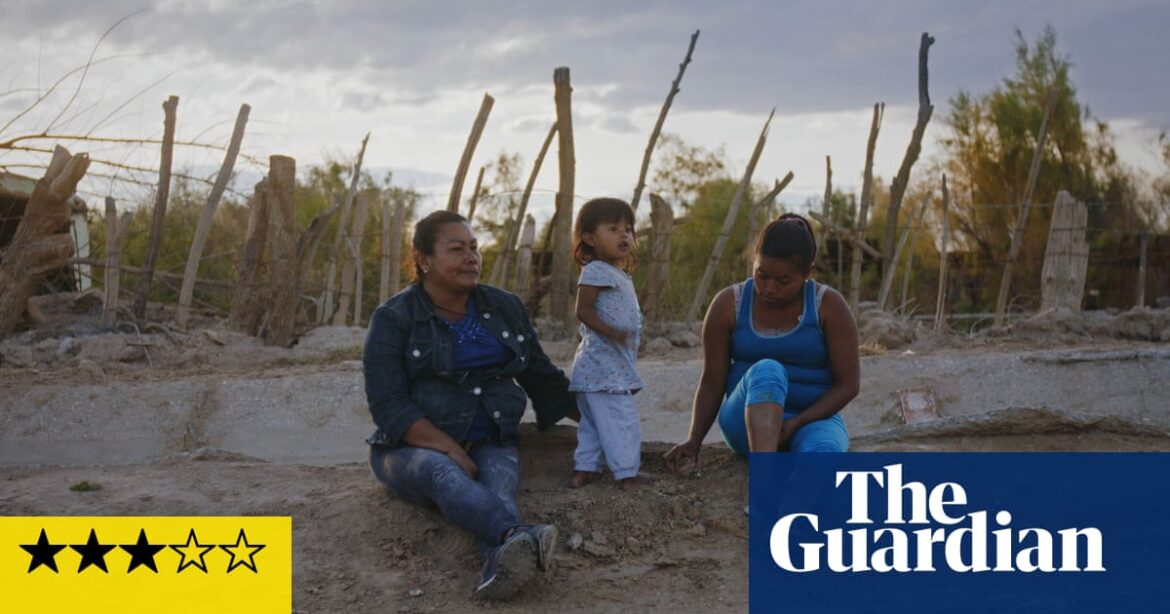
Heading for the US-Mexico border from Guatemala, single mum Lilian and her four children endure an arduous 3,000-mile journey, the perils of which are intimately captured in Danilo do Carmo and Jakob Krese’s piercing documentary. The film opens with the startling sight of dozens of migrants huddled on the side of the road under makeshift tents. Lilian is only one of the many faces here, and the story behind her hardship is far from unique. Fleeing an abusive partner, Lilian looks to the US as a place of emancipation for herself as well as her young children.
In the face of the numerous dangers that lie on her path, Lilian perseveres. When not crammed in the back of a caravan, the family roam the highways under the scorching sun until their feet bleed. There is little support from government agencies, but the solidarity between the migrants is incredibly moving to witness. Like Lilian, many of her fellow travellers are women who are victims of male and cartel brutality. Countering the scaremongering rhetoric that surrounds migration, do Carmo and Krese’s film shows how a large number of those seeking asylum are women and children – those most vulnerable to gender violence and poverty.
The film’s observational style is far from voyeuristic. Several foreboding phone calls taken by Lilian seem to hint at another destructive male presence in her life, but the film-makers do not prod her for more details on her relationship with the faceless man. However, while the fly-on-the-wall approach does successfully lend a face to the migration crisis in Central America, the focus on individual stories can at times neglect the larger sociopolitical context. Rigorous tackling of such issues could have brought even more nuance to the film’s examination of Lilian’s plight.
Source: theguardian.com



